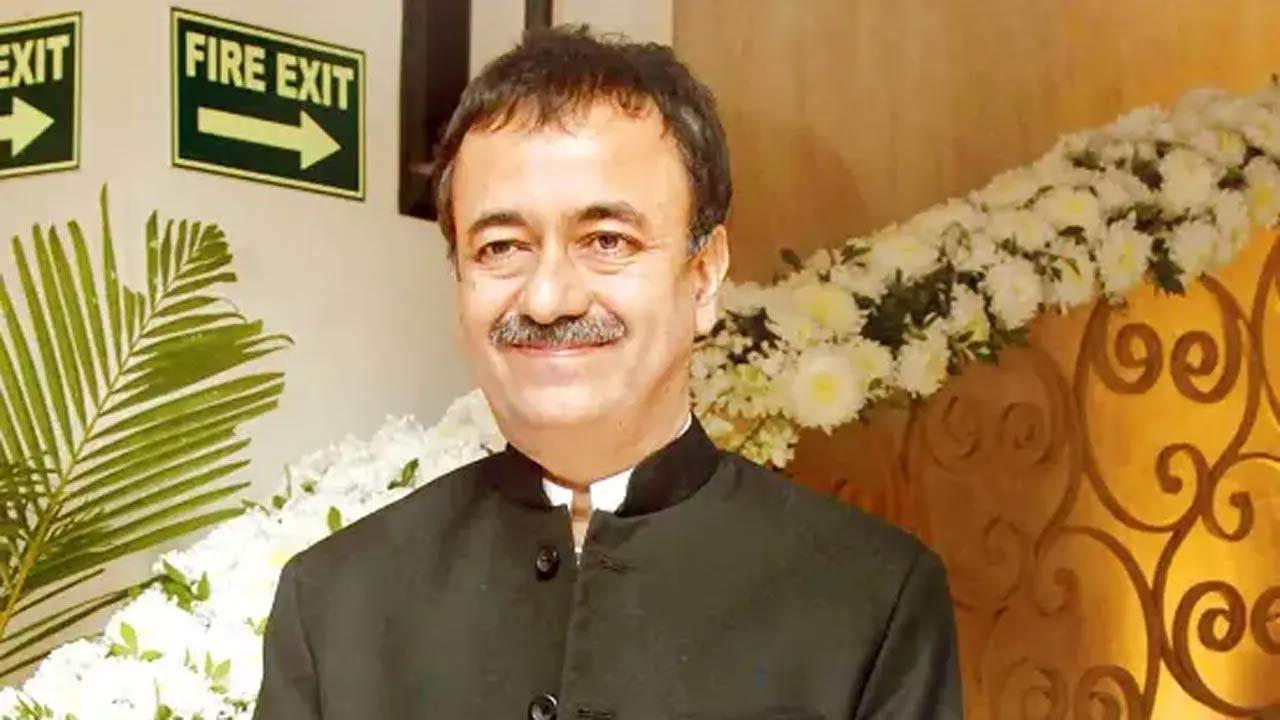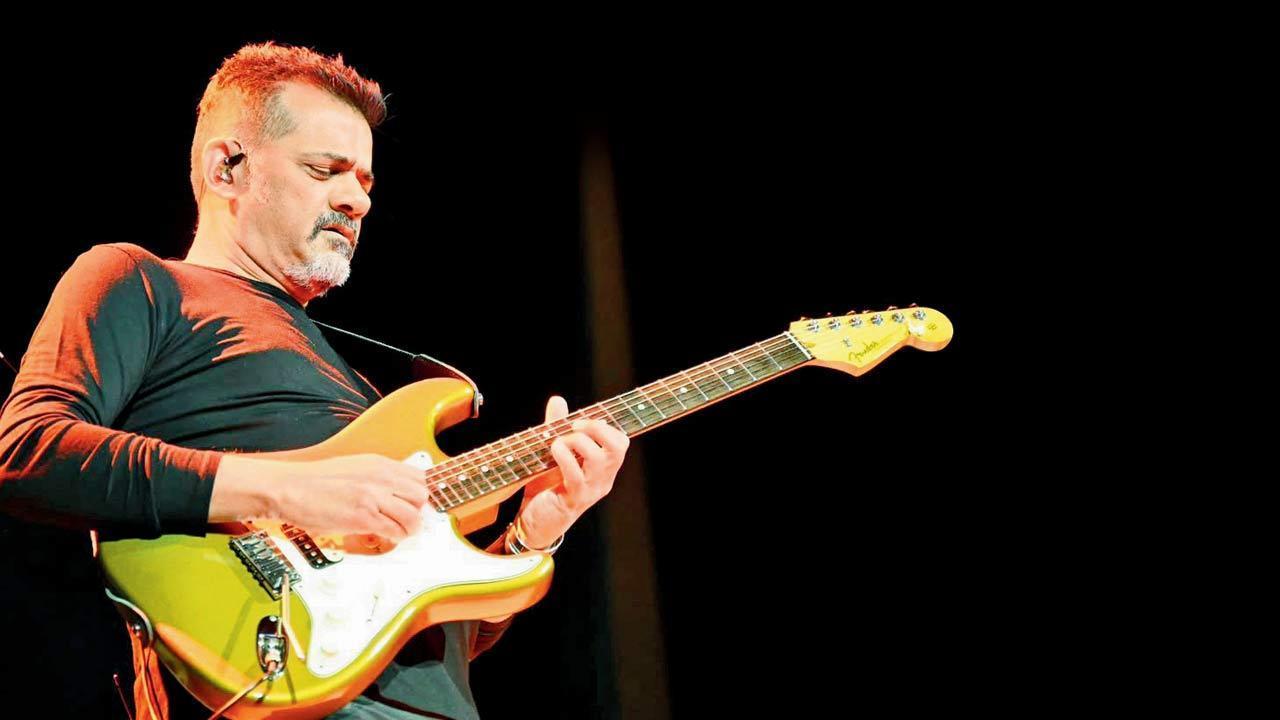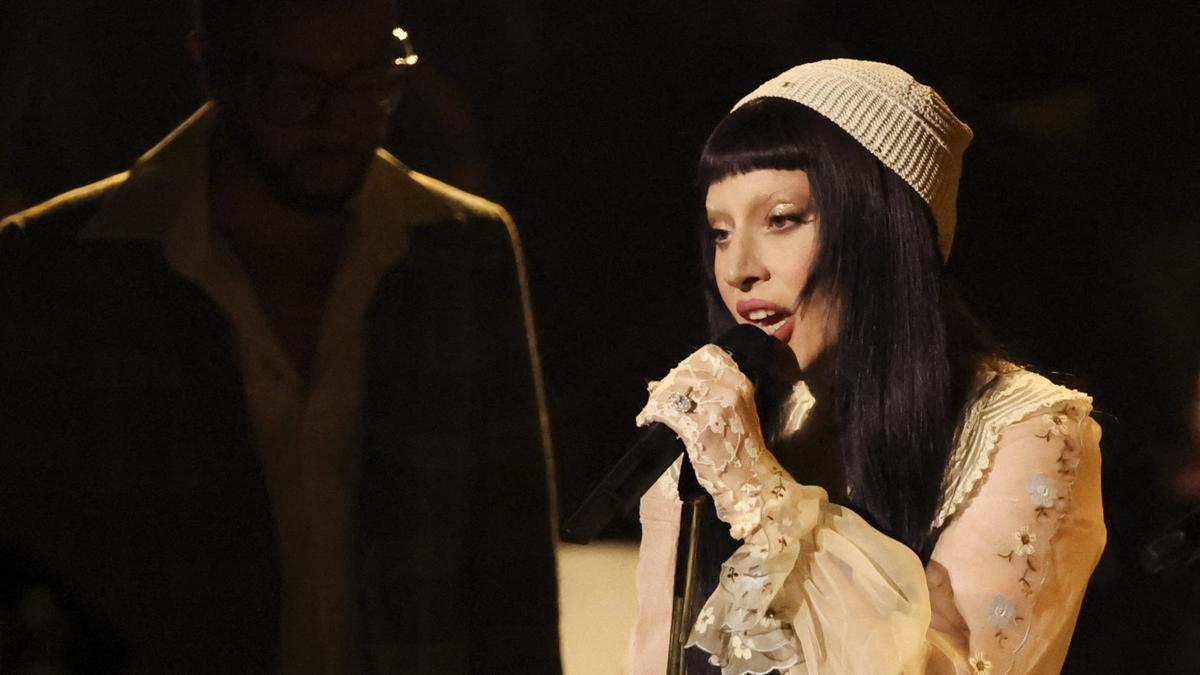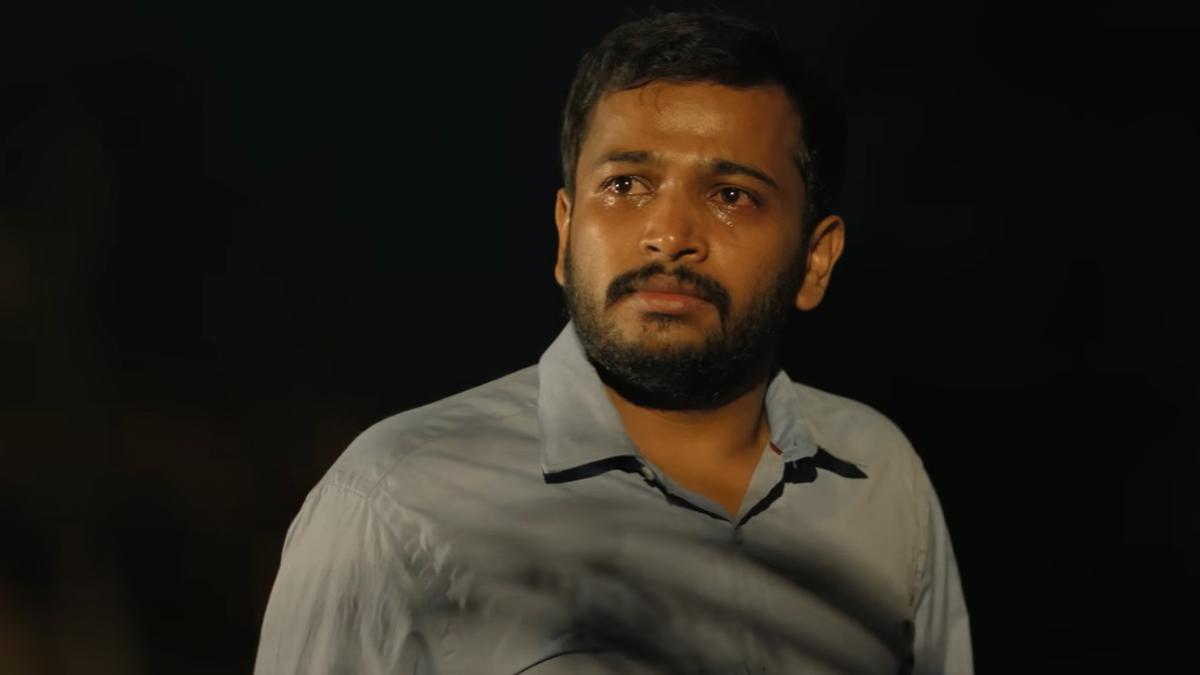
The spotlight has unexpectedly shone on Australian cricket veteran Usman Khawaja, not for his exploits with the willow but for his symbolic gestures which have recently stirred debate and controversy. In the midst of global crises, athletes often find ways to express their stance on issues close to their hearts, and Khawaja has been no exception. Nevertheless, his actions have led to a notable clash with the International Cricket Council’s (ICC) regulations.
Khawaja first found himself under scrutiny when his training shoes emblazoned with the messages “all lives are equal” and “freedom is a human right” were deemed contrary to ICC’s equipment regulations, which prohibit players from displaying messages that could be construed as political. Undeterred, the left-handed batsman donned a black armband during the high-profile Test against Pakistan in Perth. This move was also met with disapproval as he had not sought the necessary pre-approval from the cricketing body. He later clarified the armband was in fact a symbol of bereavement.
The latest episode in this series involved a dove sticker on Khawaja’s bat, a gesture, likely symbolizing peace, which the ICC refused to sanction. The series of events prompted Australian captain Pat Cummins to publicly express the team’s collective support for Khawaja. The wave of solidarity extends beyond the Australian camp, with notable figures like West Indies cricket legend Michael Holding criticizing the ICC for what he views as inconsistency in their stance regarding personal and political expressions on match equipment.
Adding his voice to the fray is South African spinner Tabraiz Shamsi, who took to social media to question the ICC’s decisions. “I would like the @ICC to explain what exactly has @Uz_Khawaja done wrong?? Why the double standards?? #AllLivesAreEqual #FreedomIsAHumanRight,” Shamsi posted, echoing a sentiment of perceived uneven application of the council’s regulations.
The ICC’s actions towards Khawaja point to a larger conversation about the role of personal expression within the framework of sports, which traditionally has been kept free of political messaging. As a representative body, the ICC finds itself navigating the challenging waters of maintaining neutrality while allowing individuality.
Khawaja himself has suggested he won’t let the issue rest, stating that he plans to address the matter directly with the ICC, showcasing his unwillingness to be silenced and illustrating the complex relationship between sports, governance, and personal freedom.
The intrigue now extends to how Khawaja will continue to express himself, especially during the upcoming match at Melbourne Cricket Ground where attention will be heightened, not just because of the packed stadium and the significance of the game, but also owing to his recent encounters with cricket’s governing body.
This issue has brought to light the increasingly blurred lines between sport and social commentary, raising questions about the extent to which athletes are able to use their platform to voice opinions on matters that extend beyond the boundaries of the pitch. The outcome of this saga will likely set a precedent for future instances where personal beliefs and professional regulations intersect. As the cricketing world watches on, Khawaja’s next move remains a topic of curiosity and debate.










